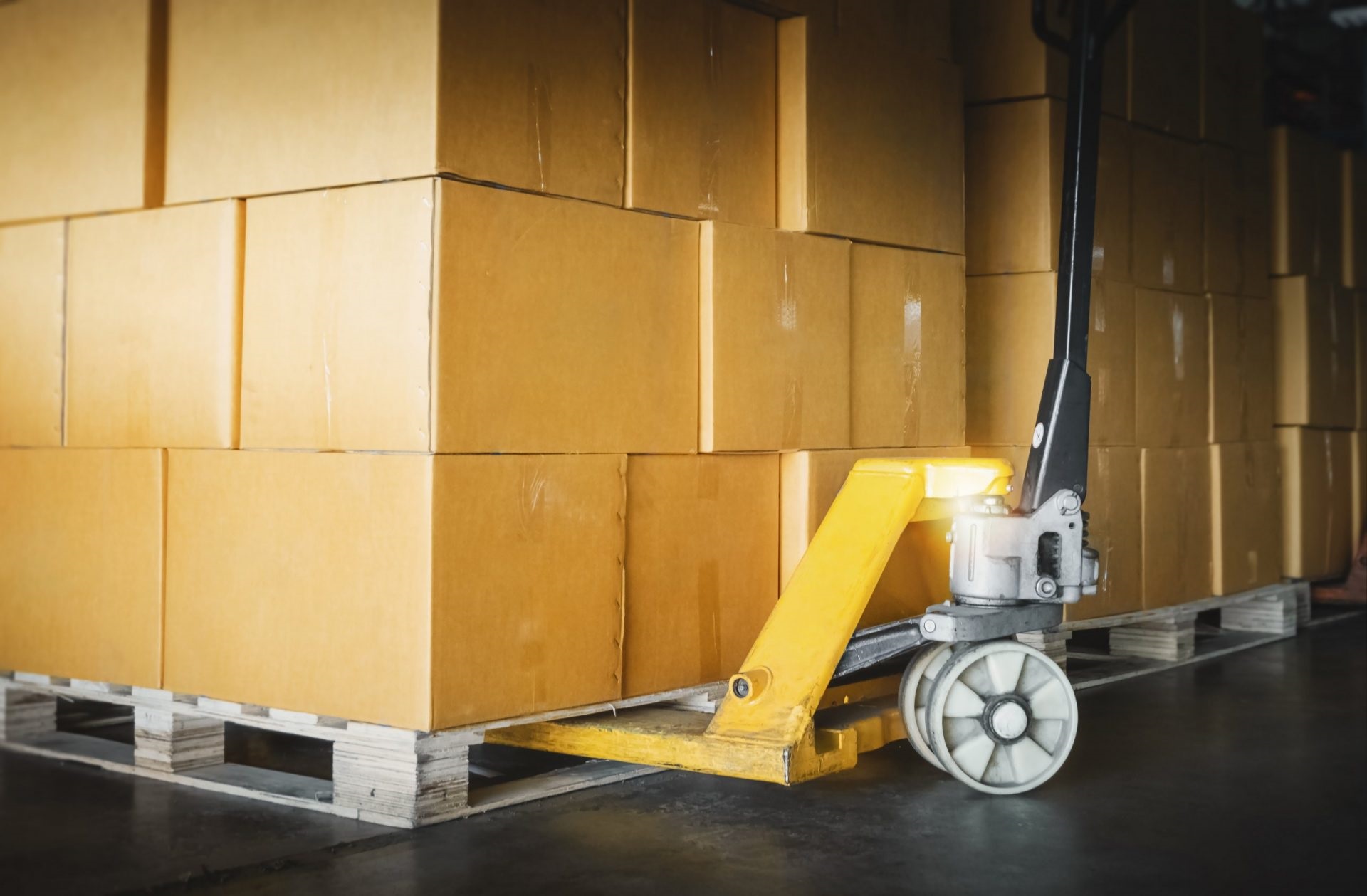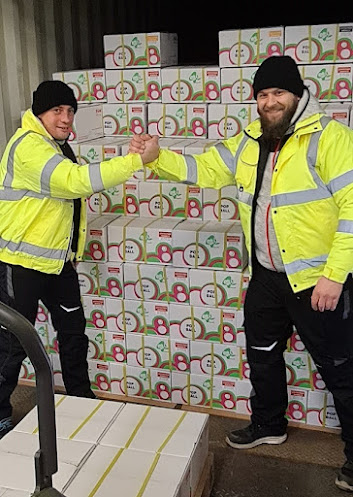Streamlining Workflow: Best Practices for Stapler Container Entladen
Efficient unloading of stapler containers (Stapler Container Entladen) plays a pivotal role in warehouse and distribution center operations. Timely and organized unloading not only ensures the smooth flow of goods but also minimizes downtime and enhances overall productivity. In this article, we will delve into the key considerations and best practices for stapler container entladen to optimize the unloading process.

-
Pre-Unload Planning: Before initiating the unloading process, it's crucial to conduct a comprehensive pre-unload planning session. This includes reviewing shipment documentation, verifying the contents of the stapler container, and assessing any special handling requirements. Adequate preparation ensures a seamless unloading operation and reduces the likelihood of errors.
-
Safety First: Safety is paramount when it comes to stapler container entladen. Ensure that all personnel involved in the unloading process are equipped with the necessary personal protective equipment (PPE) and are trained in proper safety protocols. Additionally, inspect the container for any potential hazards, such as loose items or damaged cargo, before commencing unloading activities.
-
Optimizing Workflow: To streamline the unloading process, consider implementing efficient workflow practices. This involves organizing the contents of the stapler container based on priority, with high-demand or time-sensitive goods given precedence. Additionally, establishing clear communication channels among team members and utilizing technology for real-time updates can further enhance workflow efficiency.
-
Utilizing Proper Equipment: Invest in appropriate equipment to facilitate the stapler container entladen process. Forklifts, pallet jacks, and other material handling equipment can significantly speed up unloading operations while reducing physical strain on workers. Ensure that the equipment is well-maintained and suitable for the specific requirements of the cargo being unloaded.
-
Quality Checks and Documentation: Conduct thorough quality checks as goods are unloaded from the stapler container. Inspect for any visible damage, discrepancies in quantity, or deviations from the shipping documentation. Documenting these findings is essential for accountability and establishing a clear record of the condition of the cargo upon arrival.
-
Storage and Organization: Upon unloading, organize the goods systematically in the warehouse or storage area. Proper organization ensures easy access to inventory, minimizes the risk of misplaced items, and facilitates efficient order fulfillment. Consider implementing a robust warehouse management system (WMS) to track and manage inventory effectively.
-
Employee Training and Cross-Training: Well-trained personnel are key to a successful stapler container entladen process. Provide training to employees on proper unloading techniques, equipment operation, and safety procedures. Cross-training employees in various aspects of the unloading process ensures flexibility and a smooth workflow, especially during peak periods.
Conclusion:
Stapler container entladen is a critical operation that demands precision, organization, and a commitment to safety. By incorporating these best practices into the unloading process, warehouses and distribution centers can enhance efficiency, reduce the risk of errors, and ultimately improve overall operational performance. Prioritizing safety, optimizing workflows, and investing in the right equipment contribute to a successful stapler container entladen process that benefits both workers and the broader supply chain.
Head to our website for more information and resources.

Comments
Post a Comment